PHYLLIS TICKLE
 A Life
A Life
JON M.SWEENEY

For Lillian and Carol
Copyright 2018 by Jon M. Sweeney
All rights reserved. No part of this book may be reproduced, stored in a retrieval system, or transmitted in any form or by any means, electronic or mechanical, including photocopying, recording, or otherwise, without the written permission of the publisher.
Church Publishing
19 East 34th Street
New York, NY 10016
www.churchpublishing.org
Cover photo by photojournalist Karen Pulfer Focht, Memphis, Tennessee
Cover design by Jennifer Kopec, 2Pug Design
Typeset by Rose Design
Library of Congress Cataloging-in-Publication Data
A record of this book is available from the Library of Congress.
ISBN-13: 978-0-8192-3299-1 (hardcover)
ISBN-13: 978-0-8192-3300-4 (ebook)
1934 | Phyllis Alexander (middle name Natalie added by the family later) born March 12 to Philip Wade Alexander and Katherine Ann Porter Alexander. Spends childhood in Johnson City, Tennessee. |
1951 | Enrolls at Shorter College, Rome, Georgia, at seventeen on full academic scholarship. |
1955 | Graduates East Tennessee State. On June 17, marries Samuel Milton Tickle, whom she met when he was exactly thirteen months old and I exactly six weeks... in the newborn nursery at First Presbyterian Church. In September, begins teaching Latin and English in the Memphis public schools. |
1957 | After several miscarriages, gives birth to daughter Nora on June 8. |
1958 | Moves with Sam and Nora to Pelzer, South Carolina, where Sam works as a country doctor. Gives birth to Mary in October the following year. |
1960 | Appointed a graduate fellow at Furman University, Greenville, South Carolina. |
196162 | Earns Master of Arts, Furman. Family moves to 210 N. Waldran, Memphis. Third daughter, Laura, is born. |
196265 | Lecturer, Rhodes College; instructor, Memphis Academy of Arts. |
196571 | Dean of humanities, Memphis Academy. Publishes first book, An Introduction to the Patterns of Indo-European Speech, August 1968. First son, John Crockett, born July 10, 1970. |
1971 | In late May, gives birth to second son, Philip Wade, who tragically and violently dies of pneumonia two weeks later. |
1972 | Begins to plan St. Lukes Press with friends from the Memphis Academy. Teaches poetry for the Tennessee Arts Commission. Begins publishing poems in magazines and journals. Sam Jr. born in July. |
1974 | Second book, a chancel drama about the Hebrew prophet Jeremiah, Figs and Fury, privately published; then produced by Grace-St. Lukes Episcopal Church in Memphis and published in a second edition by St. Lukes two years later. |
1975 | More St. Lukes volumes published, authored by Phyllis. Rebecca, seventh and last child, born February 10. Eldest daughter Nora marries (at eighteen) in May the following year. |
1977 | The family, sans Nora, moves to the Farm in Lucy, the subject of much of Phylliss subsequent oeuvre. |
197787 | Poet-in-Residence, Memphis Brooks Museum of Art. |
1983 | Selections, first volume of poems, published. |
1985 | First volume of what became a trilogy of books of personal, spiritual essays, published by The Upper Room. |
1989 | St. Lukes Press purchased by Peachtree Publishers in Atlanta; Phyllis retained as senior editor. Two years later, she retires from publishing. |
1992 | Recruited by Publishers Weekly to be founding religion editor. Begins to track enormous growth in the publishing of, and demand for, religious and spiritual books in the U.S. |
1995 | Re-Discovering the Sacred, her first book-length work on religion trends. God-Talk in America follows in 1998. |
1999 | First lucrative book contract, for The Divine Hours. |
2000 | First Divine Hours volume (Prayers for Summertime) published in March, marking the beginning of a decade exploring the ancient roots of Christian faith. |
2001 | The Shaping of a Life, autobiography, published April 17. |
2004 | Retires from Publishers Weekly. Receives honorary Doctor of Humane Letters from Berkeley School of Divinity at Yale. |
20067 | Receives Award of Honor from East Tennessee State. Various spin-offs of The Divine Hours published. |
2008 | The Great Emergence published and becomes rapid success. Phyllis recognized as the historian of Emergence Christianity. |
2009 | Honorary Doctor of Humane Letters from North Park University. Continues to lecture, traveling thirty weeks a year. |
2014 | Celebrates eightieth birthday in Denver at Christianity21 Conference, and at Fuller Seminary in Anaheim during public events for a festschrift published in her honor. Retires from active traveling and public speaking. |
2015 | Buries husband, Sam, in January. Stage four lung cancer diagnosed in April. Spends summer at home in Lucy, gathering poems in preparation for a final volume: an autobiography of sorts. Dies in her sleep the morning of September 22. |
On Friday, May 22, 2015, a press release was sent to the media by Kelly Hughes of DeChant Hughes Public Relations:
The Farm in Lucy, TennesseeAs was reported by David Gibson of Religion News Service on May 22, 2015, Phyllis Tickle, the retired founding editor of the Religion department of Publishers Weekly, authority on religion in America, and author of nearly forty books including The Divine Hours series and The Great Emergence, has been diagnosed with inoperable stage four lung cancer. She remains in reasonably good health, but has cancelled all travel and speaking commitments.
A literary trust is being formed for the purposes of guiding the use of Phylliss work in the years to come. This trust will be comprised of Joseph Durepos, Phylliss longtime friend and literary agent, Jon M. Sweeney, another of Phylliss longtime friends in the publishing industry and a sometime collaborator, and Sam Tickle Jr., her son. Sweeney has also been named official biographer by the Trust.
Phyllis is contemplating a last book of reflection at the end of a fruitful, grace-filled life on the meaning of death, home, and soul. She is discussing this now with friends.
Hughes had been retained to help with the frenzy that would ensue after word got out about the cancer. That last book never appeared. Phyllis soon began radiation treatments aimed at stabilizing her condition. I was involved in the planning that led to the Gibson interview and the release. Id found out about Phylliss cancer diagnosis a few weeks earlier, one week after her children were told. The dying is my next career, Phyllis said to Gibson on May 19, the day he spent with her at the farm, and we will eventually get to that, but first, my aim is to tell the story of her life.

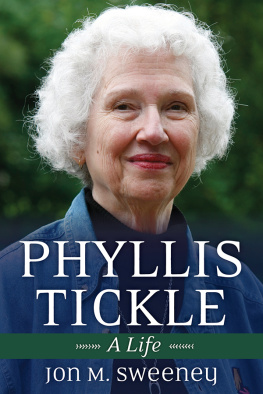
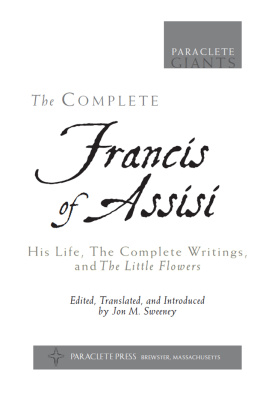
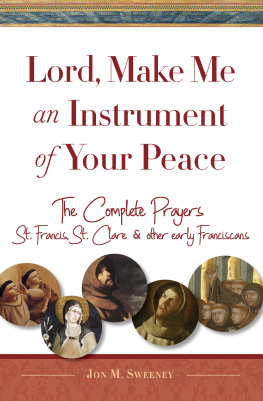
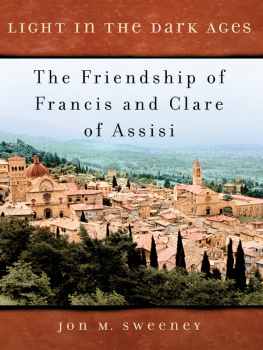
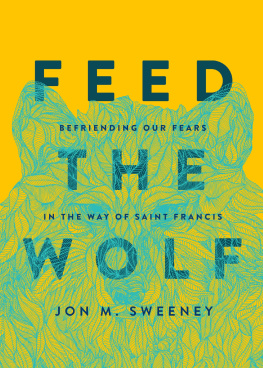
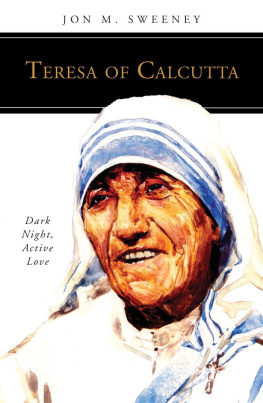


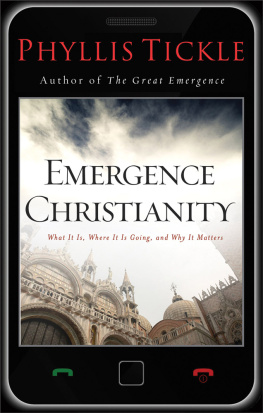
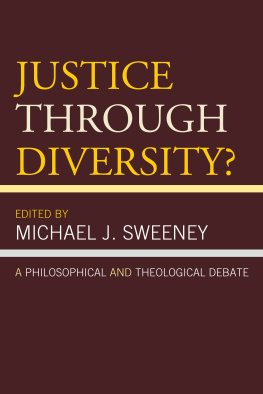
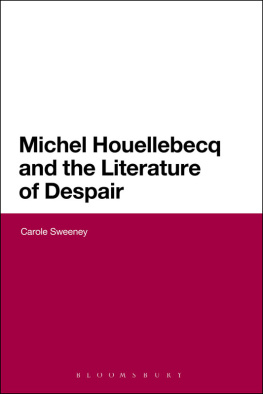
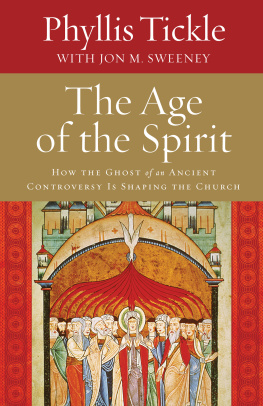

 A Life
A Life
